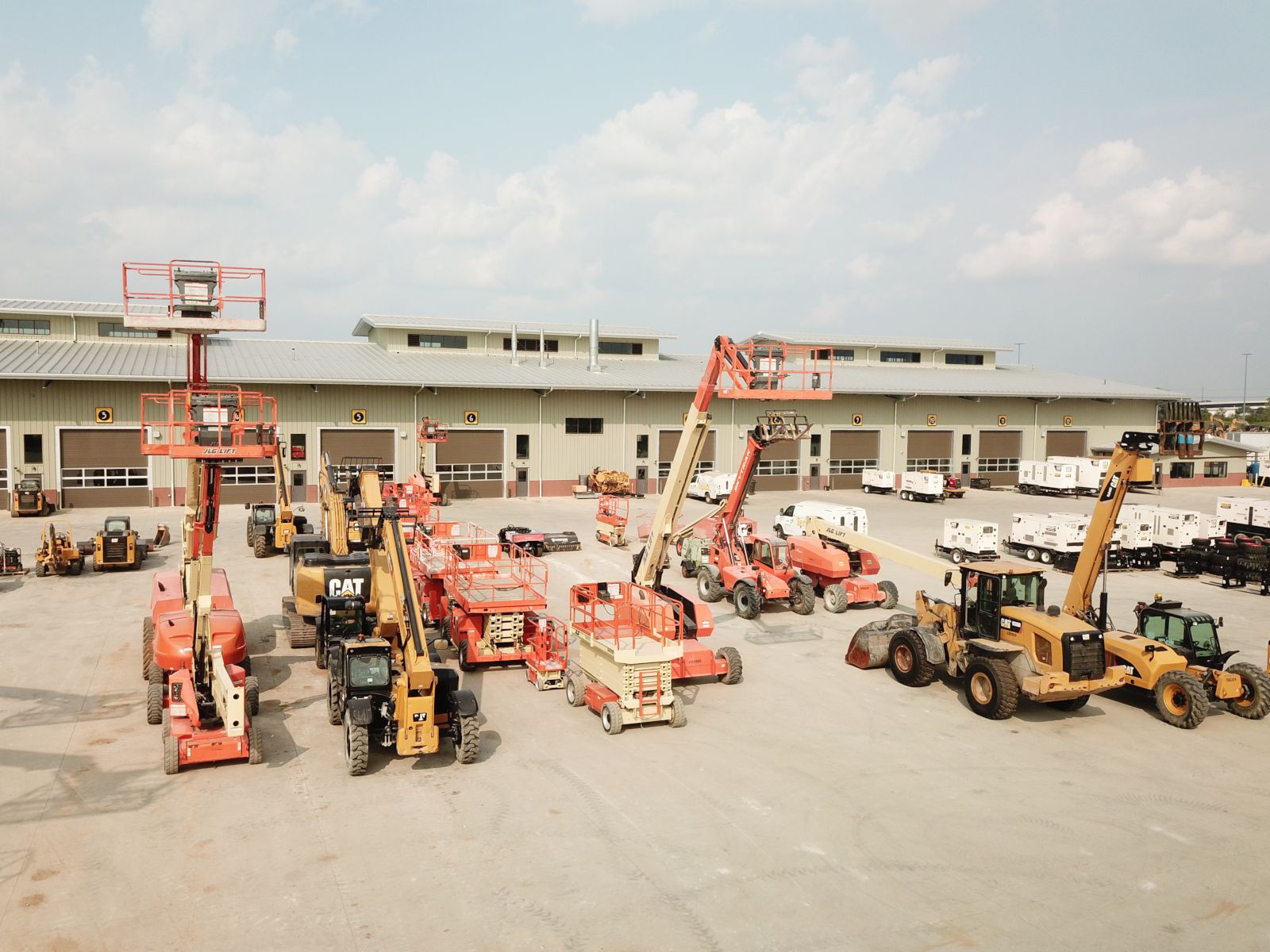Mini Excavator Rental: Compact Machines for Strict Spaces
Mini Excavator Rental: Compact Machines for Strict Spaces
Blog Article
Maximize Your Budget by Recognizing the Expenses Connected With Construction Tools Leasings
Recognizing the complete scope of expenses connected with building and construction equipment leasings is critical for optimizing your budget. What techniques can be utilized to properly take care of these costs and guarantee a much more effective rental experience?
Review of Rental Expenses
When taking into consideration building equipment leasings, recognizing the connected prices is critical for reliable budgeting and project preparation. Rental costs can vary dramatically based on a number of factors, including tools type, duration of service, and location. The preliminary rental cost frequently shows the tools's market demand and its connected functional capacities, influencing the general expenditure.
In addition to the base rental rate, supplementary prices might occur, such as transport costs, gas additional charges, and maintenance fees. It is vital to account for these extra costs to properly assess the total expense of leasing tools. The rental duration can influence rates; longer rentals might certify for discounted prices, while short-term rentals may incur higher everyday costs.

Break Down of Rental Prices
A detailed understanding of rental rates is necessary for service providers and task managers intending to optimize their budgets. Rental rates for building equipment typically are composed of several parts, including base rates, time-based fees, and use costs.
Base prices are the core costs related to the service of the devices, typically established by the type and dimension of the equipment. These rates can differ considerably, influenced by elements such as equipment demand, availability, and regional market fads. Time-based fees, which may be daily, weekly, or monthly, offer to fit different project timelines and rental durations.
In addition, rental rates might include usage costs, which are applicable when devices is utilized beyond a defined threshold, making certain that the rental business can account for wear and tear. Seasonal demand changes can likewise influence rental prices, with peak building periods normally regulating higher costs.
In addition, recognizing the rental firm's plans regarding upkeep and insurance can provide additional insight into the general cost structure. By evaluating these elements, service providers can make educated choices, guaranteeing the selection of rental devices straightens with both job needs and budget restraints.
Additional Fees to Think About
Comprehending the details of extra costs is critical for service providers to handle their overall rental expenditures effectively. Beyond the typical rental rates, numerous extra costs can dramatically impact the complete price of equipment leasing. These fees typically consist of shipment and pick-up charges, which can vary based upon range and logistics involved in carrying the equipment to and from the work site.
Moreover, some rental business may impose gas surcharges if the tools is returned with much less gas than when rented. It is also important to be mindful of prospective cleansing fees, especially for specialized equipment that needs comprehensive upkeep after use.

Completely reviewing the rental agreement and clarifying these additional fees ahead of time can help service providers make sure and stay clear of unexpected expenses that budgets remain undamaged throughout the project lifecycle.
Maintenance and Repair Costs
Regular upkeep and repair service expenses are usually neglected variables that can substantially affect the overall price of construction devices leasings. When leasing equipment, it is critical to take into discover here consideration not only the rental fees yet likewise the potential costs related to keeping the machinery in ideal operating condition.
Several rental business consist of basic maintenance as part of the rental agreement; nevertheless, much more substantial fixings or unanticipated malfunctions can cause added expenditures. It's important to examine the rental agreement meticulously to recognize what upkeep solutions are covered and what responsibilities fall on the renter.
Additionally, devices that is not well-kept can result in ineffectiveness on duty website, possibly creating hold-ups and raising task expenses. To mitigate these risks, it is advisable to perform regular evaluations and preserve open interaction with the rental provider concerning any concerns that develop throughout usage.
Insurance Policy and Responsibility Expenses
Insurance coverage and liability prices are essential parts that can investigate this site dramatically affect the overall expenditure of building and construction devices rentals (forklift rental). These expenses make certain that both the rental business and the client are shielded from prospective economic losses developing from accidents, damages, or theft throughout the rental period

Furthermore, clients need to recognize any deductibles or exemptions in the insurance plan, as these can influence potential out-of-pocket expenditures. Recognizing the terms and problems of any type of insurance policy protection is important to prevent unexpected costs. Eventually, budgeting for insurance and liability expenses can aid ensure a smoother rental experience and protect against economic threats connected with building tasks.
Verdict
In conclusion, a comprehensive understanding of the costs associated with building and construction tools services is crucial for reliable spending plan monitoring. Ultimately, educated decision-making relating to devices rentals adds to the general success of construction undertakings.
Rental expenses can vary significantly based on a number of elements, consisting of devices type, period of leasing, and area (rental company near me). The rental period can influence prices; longer rentals might certify for discounted prices, while short-term services might sustain higher everyday charges
By carrying why not try here out extensive research and engaging with reliable rental firms, professionals can properly navigate the intricacies of rental prices, inevitably maximizing their financial sources.
Beyond the standard rental rates, numerous additional fees can dramatically impact the overall price of equipment leasing. Rental business often offer responsibility insurance that covers injuries to third celebrations or damages to home, while devices damages insurance can cover the cost of repair services or substitute if the rented out tools is damaged.
Report this page